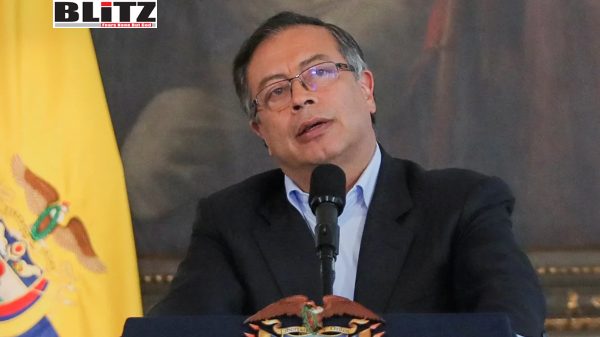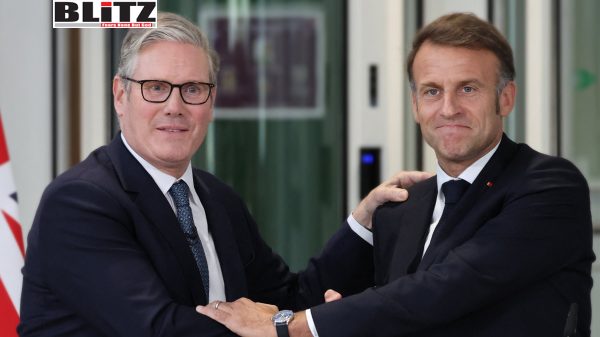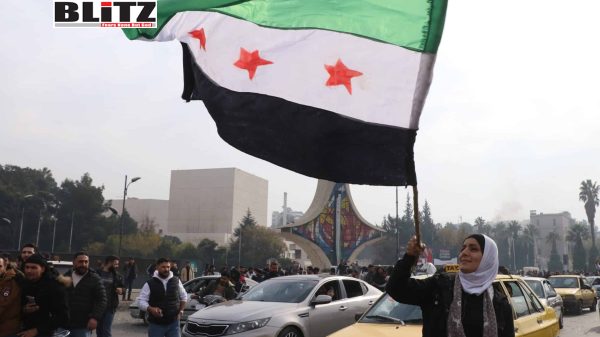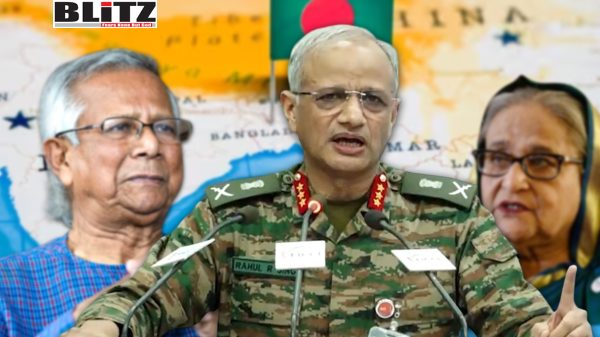European hand in Rwanda’s tragic genocide
- Update Time : Tuesday, April 9, 2024
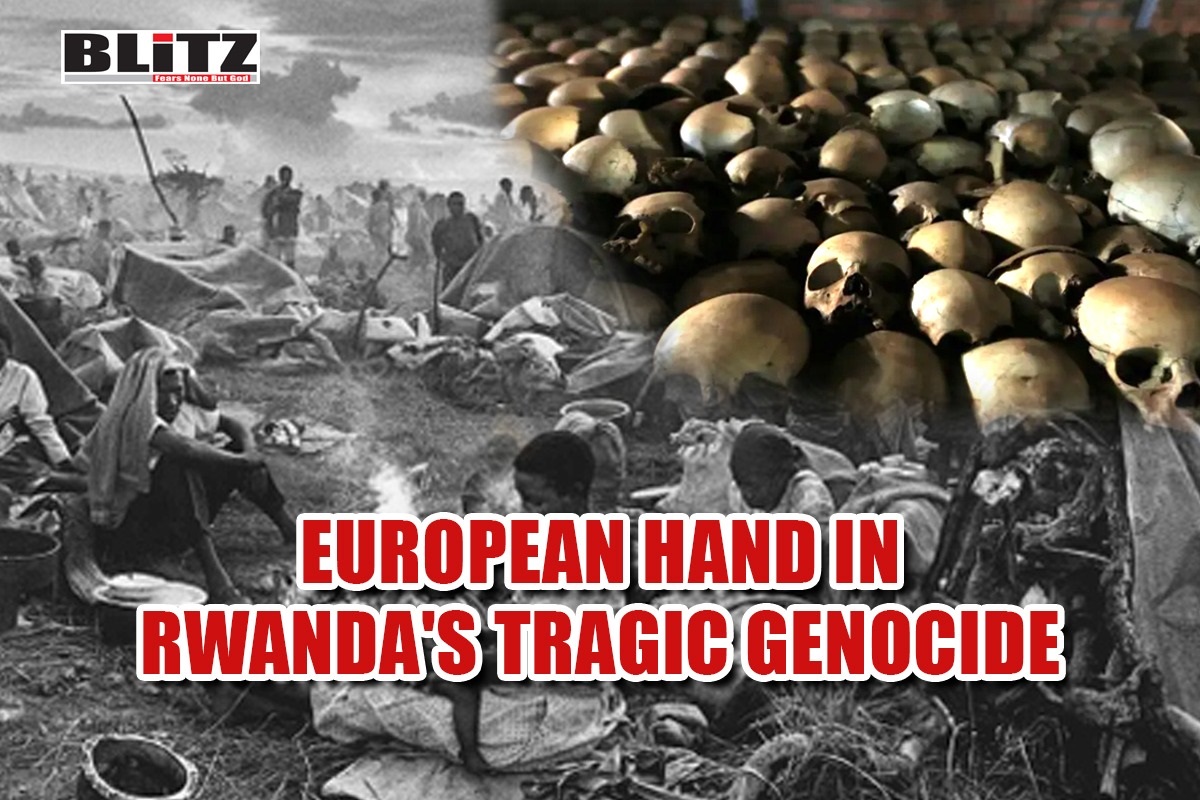
Dafrosa, a Tutsi survivor of the 1994 genocide in Rwanda, vividly recounts the chilling transformation of her community into targets of dehumanization and violence. The heartbreaking testimonies of survivors like Dafrosa shed light on the horrors endured during one of the darkest chapters in modern African history.
The events of April 1994 shattered any illusions of post-Cold War tranquility in Africa. On April 6th, a plane carrying then-President of Rwanda, Juvenal Habyarimana, and Burundi’s President Cyprien Ntaryamira was shot down near Kigali, igniting a catastrophic chain of events. The subsequent power vacuum emboldened extremist elements within Rwanda’s government to unleash a wave of orchestrated violence against the Tutsi minority.
Under the leadership of figures like Theoneste Bagosora, an interim government was hastily assembled, casting blame on the Rwandan Patriotic Front (RPF) for the plane attack. Moderate voices within Rwanda, including Prime Minister Agathe Uvilinhiyimana and opposition leaders, were swiftly silenced, clearing the path for a genocidal rampage.
The genocide unfolded with terrifying speed and brutality. Machetes and agricultural tools became instruments of mass murder as ordinary citizens, goaded by propaganda, turned on their Tutsi neighbors. The genocide’s toll was staggering, with hundreds of thousands of lives lost and countless families torn apart by unspeakable atrocities.
Despite international awareness of the unfolding tragedy, meaningful intervention was tragically absent. The United Nations Assistance Mission for Rwanda (UNAMIR) faltered in its mandate to protect civilians, leaving Rwandans to fend for themselves amidst the chaos and carnage.
Behind the scenes, European powers maintained troubling ties with Rwandan officials complicit in the genocide. France’s alleged support for the regime, epitomized by Operation Turquoise, casts a long shadow over its role in Rwanda’s descent into darkness. The legacy of European colonialism and racial theories exacerbated existing tensions, laying the groundwork for the horrors that unfolded in 1994.
Yet, amidst the devastation, Rwanda embarked on a remarkable journey of resilience and reconciliation. Led by President Paul Kagame, the country embarked on a path of healing and reconstruction. Efforts to transcend ethnic divisions and foster national unity have yielded impressive results, with Rwanda emerging as a beacon of stability and progress in the region.
Today, Rwanda stands as a testament to the resilience of the human spirit and the power of reconciliation. Its remarkable transformation from the depths of despair to a thriving nation offers hope and inspiration to the world.



